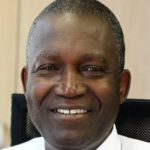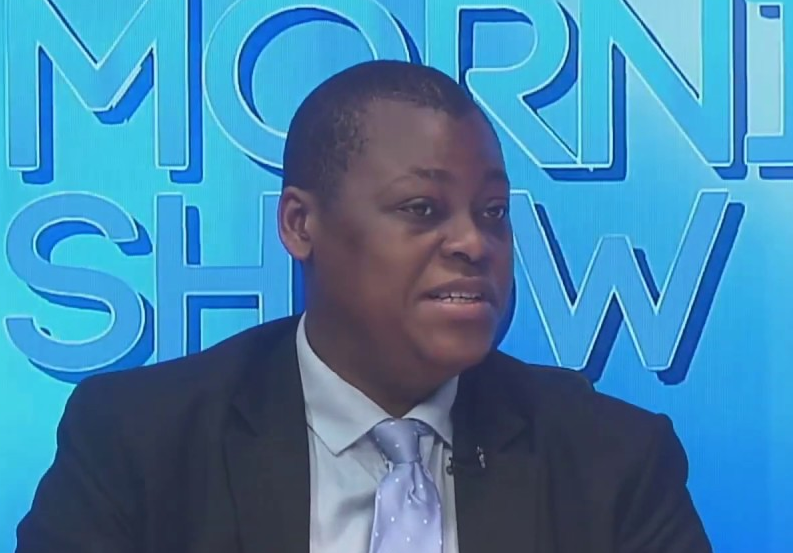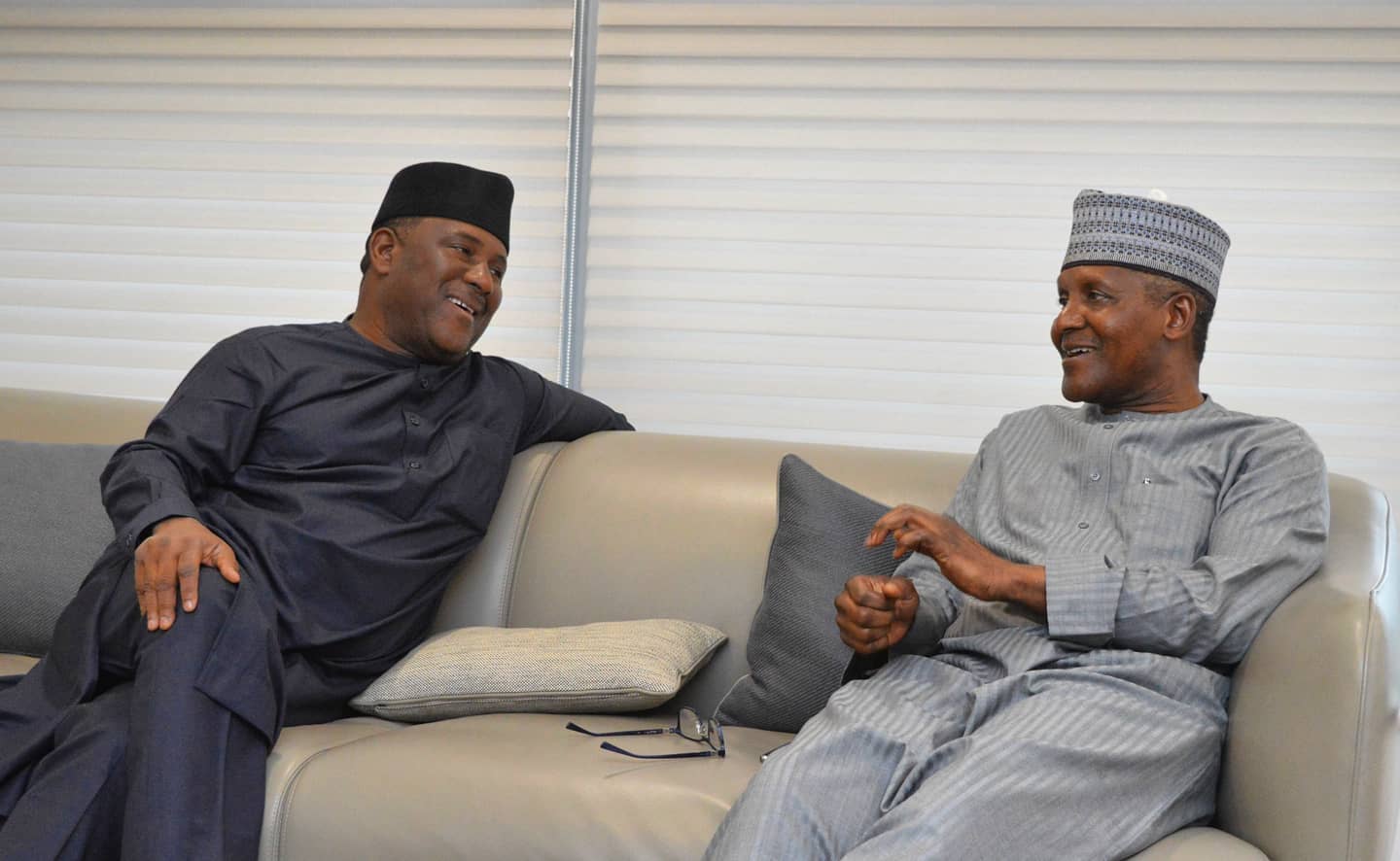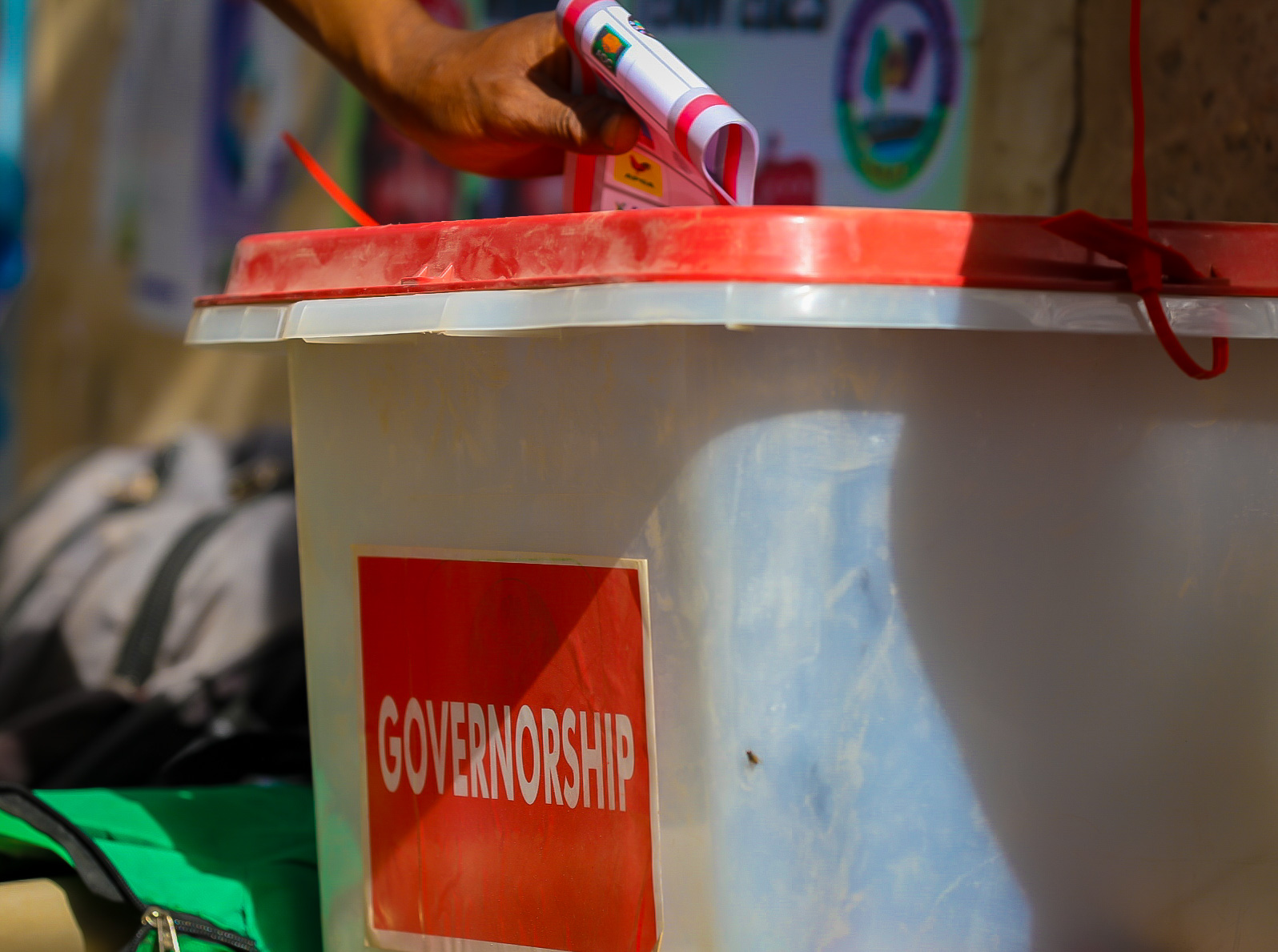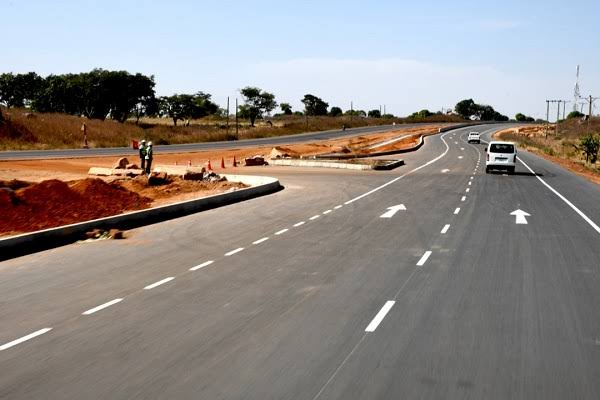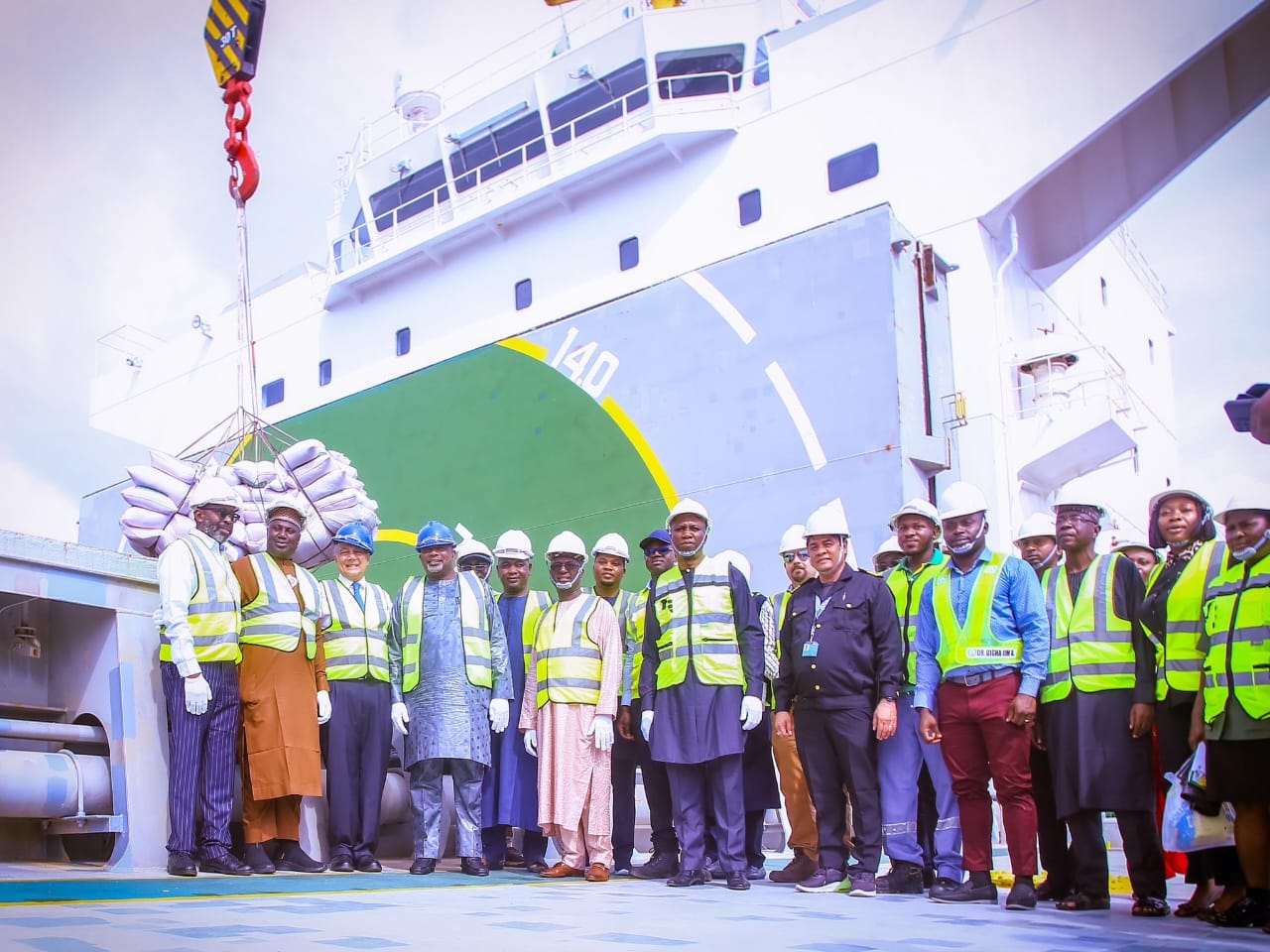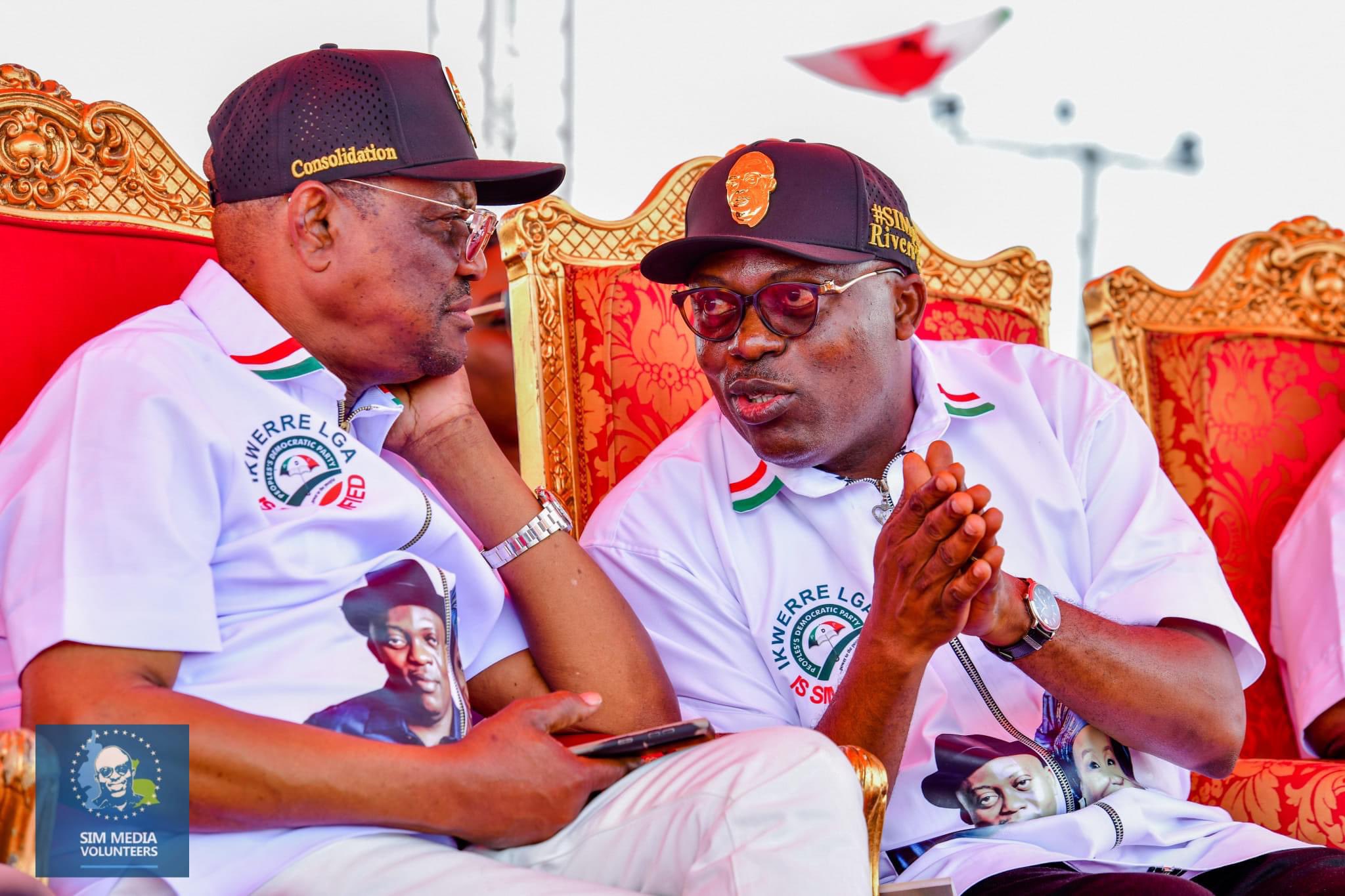Is South Sudan the southern part of Sudan or just a part of Sudan? No, it is neither. Is South Sudan at war? No.
The questions and answers above may read like a riddle, but they are not. They simply indicate how people often confuse Sudan with South Sudan, two countries with a long history of similarities and differences.
Sudan is currently having a major internal war between the government forces and a militia called Rapid Support Forces, an offshoot of the Janjaweed militia operated by the government previously to carry out dastardly attacks in parts of the country, especially in the Darfur region.
South Sudan is relatively peaceful at present although it is impacted by the war in Sudan, its northern neighbour, having to cope with thousands of returnees, fleeing the war and also many thousands of displaced people and refugees from Sudan.
Advertisement
South Sudan is a relatively new country. It was a large portion of the formerly southern part of Sudan and it became independent in 2011 after more than 50 years of wars against mostly the Northern part of Sudan.
South Sudan chose its name after considering many other possible names, such as the Republic of Sudan, The Nile Republic, the Kush Republic, Azania, and Juwama (from a combination of the three largest cities of Juba, Wau and Malakal). The name “Sudan” is said to originate from the Arabic word “bilad al Sudan” (land of the blacks), used by Arab traders to describe many parts of West and Central Africa. In the past, Sudan was dominated by its Arab population notwithstanding that its blacks were about 52% of the population before South Sudan got its self-rule.
Around the world, very little is known about South Sudan, the newest country in the world, and it followed four new countries that emerged into nationhood fairly recently, namely, Croatia in 1991; Czech Republic and Slovakia in 1993, and Palau in 1994, Timor Leste in 2002 and Kosovo in 2008. All of them went through either wars and conflicts but perhaps none has had as harrowing experiences as South Sudan.
Advertisement
Before its independence, the largely darker-skinned people of the southern part of Sudan, with ethnic majorities of Nuer and Dinka peoples, struggled to define their existence within Sudan which was ruled by Egypt and Britain. During their reign, Britain, in its area of control, governed with Christianity as the main religion and English as the most common language of communication. In its sector, Egypt made Islam and the Arab language the norms.
Once Sudan became independent from its colonialists in 1956, the southern part of the country, which was a majority black population, and predominantly Christian, campaigned for autonomous rule and wanted to freely chart its development path. The largely Arab North refused. Wars ensued between the parties.
The John-Garang-led South Sudan People’s Liberation Front (SPLM) emerged as the main liberation force for the people, although a breakaway faction named SPLA also became powerful later. Both SPLM and SPLA combined to secure an agreement for peace in January 2005 and agreed to lead the new territory. However, several factions and groups of fighters emerged in the new territory and, ultimately, the concert of militia groups came to an arrangement which led to the creation of South Sudan in 2011.
While it celebrated 10 years of becoming a free country on July 9, 2023, South Sudan struggles with the carry-overs of its past in cultural, economic and political dimensions. A major economic burden is the total dependence on petroleum whilst many other natural resources are not exploited due to instability and weak technological know-how, among others. South Sudan’s petroleum pipeline goes through Sudan for exportation, leaving limited choices for the new country.
Advertisement
About a year after independence, when this writer visited the new country, Juba, the capital city, was a rural landscape. The entire country had less than 50 kilometres of paved roads. Perhaps less than 10 per cent of the paved roads had asphalt cover. The best hotel in Juba, the capital city, provided hot water in plastic buckets for hotel residents to wash in the morning. Electricity supply was almost entirely from individual power generators. The numerous staff of international development agencies deployed in Juba and the United Nations peace-keeping military personnel used mostly adapted cargo containers as offices and homes. Travels outside of Juba were forbidden to diplomats and international staff for security reasons.
Despite all the odds, hope was high as countries and entrepreneurs moved into the new country after the independence celebration. The land was rich in potential and possibilities. Oil was in abundance and many minerals were available to be mined. South Sudan has abundant natural resources, including the largest wetland in Africa, rare species of birds and wildlife, huge forests, aquatic wonders and perhaps unknown herbal medicinal resources. It was expected that the new country would find its feet in a hurry, and its leaders would face the task of developing the land for its enthusiastic population, many of whom had returned from exile and foreign abodes.
However, barely two years after the new government of formerly guerilla warriors assumed office, war broke out between groups loyal to President Salva Kiir and those of his deputy, Mr. Riek Machar. Between 2013 and 2018 several thousands of people died from conflicts and wars and over four million people were displaced.
After a long negotiation, President Kiir, who is from the majority Nuer ethnic group, and Vice-President Machar, a Dinka, led the formation of a Revitalised Transitional Government of National Unity in 2018. Machar became senior vice president, and four additional vice presidents and 35 ministers were named to the new cabinet from various militant and interest groups, The president named 332 members into the parliament whilst the vice-president had 128 members, and 90 others came from various strongmen. All warring parties would have a stake.
Advertisement
No price would be too steep for the new South Sudan to pay. It brought together its warlords who had spent their entire lives fighting in forests and uninhabitable places to start a nation-building process. Tension has been forever high. The task of developing a nation has been very different and demanding, compared to the liberation struggles and bush wars.
So far so good, it has worked fairly well. Or the tension is not so obvious to the uninitiated and foreigners.
Advertisement
During a return visit recently, this writer observed that the country has witnessed rapid and visible development. In Juba, tarred roads have become common, electricity is available for some time on most days and tall buildings and modern hotels bestride the streets. The shops are full of modern goods and gadgets, and international flights to and from the country are many. A huge presence of the United Nations is evident as well as other international NGOs.
The big question at this time hangs on the forthcoming election scheduled for December 2024, a new date after the initial date of 2022 could not hold. It will be the first election in South Sudan since independence and it will herald a change from government of national unity and compromise to rulership by a popular political party. President Kir, who led the country after the death of Mr. Garang in 2005, and who has been in office since 2011, has said that all challenges identified with organising the elections “will be addressed”. His deputy and leading opponent, Vice President Machar, has expressed a lack of confidence in the electoral preparations. Machar and several others are expected to contest for the presidency too.
Advertisement
Will the election be free and fair? Will the country, despite support from other organizations, be capable of providing the logistical and material support required to organize voting across a reasonable part of the country? Are electoral laws appropriate as they stand or will the revisions envisaged be done and accepted? Is the security situation amenable for the smooth conduct of electioneering? Will the loser accept the results and not “return to the bush” as was the usual way to resolve political disagreement? These and many other questions require answers as the process continues. The future of another African country hangs in the balance.
Meanwhile, like never before, the country is united and celebrating the glory of its basketball team, the Bright Stars. Established only in 2019, the South Sudan Basketball Federation joined the International Basketball Federation (FIBA) in 2013 and spectacularly has become the leading African team. The Bright Stars have qualified for the FIBA 2023 World Championship and have emerged as the number one African contestant in basketball for the Paris 2024 Olympics.
Advertisement
South Sudan, seemingly, has found a niche for its distinctly tall people in the basketball arena. Such a niche is sorely needed in political tolerance which will birth leaders who can carry their people to higher heights of progress.
If the newest country in the world continues to lead Africa and perhaps the world in basketball games, and if its elections in 2024 hold and bring about relative stability, South Sudan may become a household name and firmly stand on its feet in the community of nations.
Makinwa is the CEO of AUNIQUEI Communication for Leadership.
Views expressed by contributors are strictly personal and not of TheCable.
Add a comment
